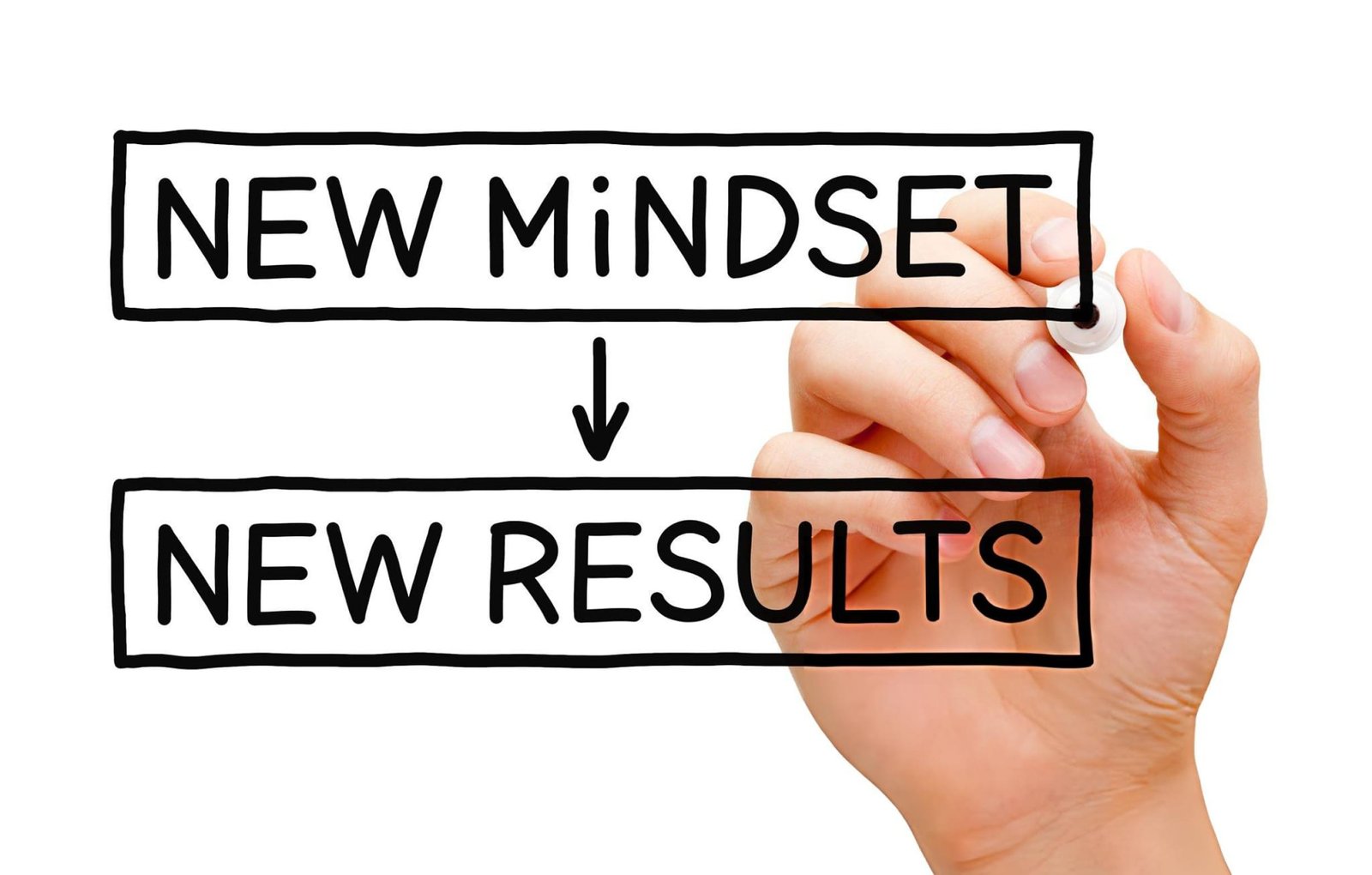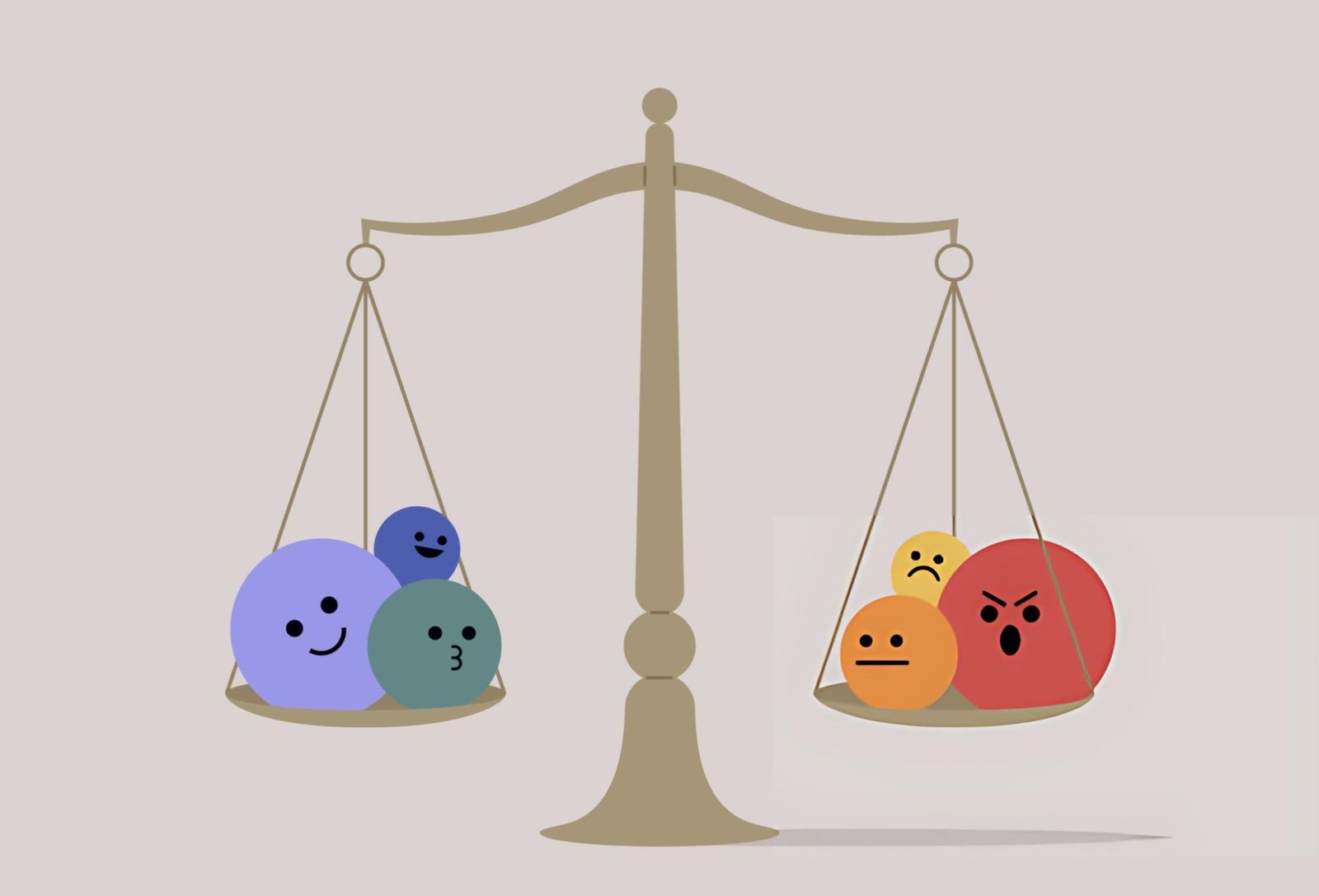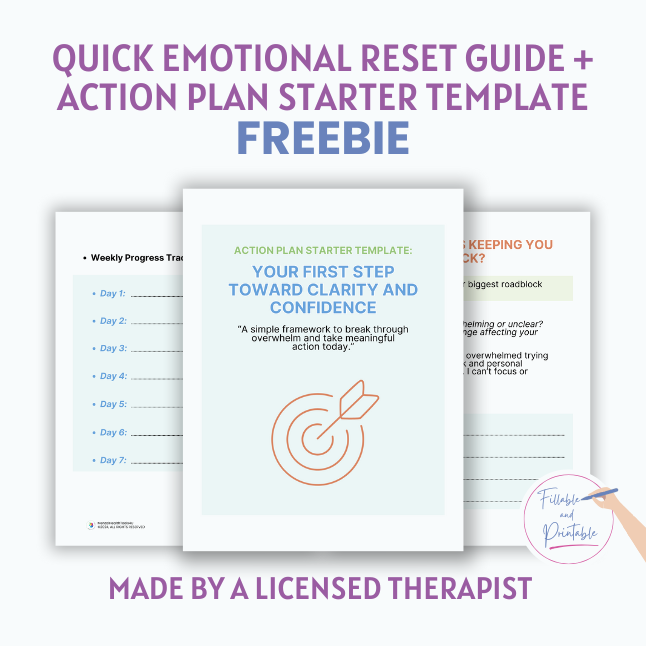Making decisions while battling anxiety can feel overwhelming, but it doesn’t have to be. This blog dives into simple yet powerful strategies to help you make decisions with confidence, even when anxiety strikes.
Managing Anxiety in Decision-Making
Let’s face it—making decisions when anxiety is involved can feel like a never-ending loop of second-guessing, overthinking, and downright fear. Should I pick this option? What if it’s the wrong one? And what happens next? These thoughts can turn even minor decisions into major sources of stress.
But here’s the good news: you’re not alone, and there are ways to make the process easier. In this post, we’ll explore practical decision-making strategies for anxiety to help you feel more in control and less overwhelmed.
Why Anxiety Affects Decision-Making
First things first, why does anxiety mess with your decision-making skills? Anxiety hijacks your brain’s ability to weigh options calmly and rationally. It activates the “fight or flight” response, making your thoughts race and emotions take over. Instead of evaluating options clearly, you may find yourself frozen, stuck in indecision, or swinging between impulsivity and avoidance.
Recognizing how anxiety impacts you is the first step toward improving your decision-making process.
Effective Decision-Making Strategies for Anxiety
To make things easier, here are some tried-and-true strategies to help you navigate decisions when anxiety is clouding your judgment.
1. Set a Time Limit for Decisions
One of the biggest traps of anxiety-driven decision-making is overthinking. Setting a time limit can help you avoid analysis paralysis.
- For small decisions, give yourself 5-10 minutes.
- For bigger ones, allocate a reasonable timeframe (a day or two).
Once the time is up, commit to your choice. Trust me, the world won’t crumble if the decision isn’t “perfect.”
2. Use the “Pros and Cons” List—But Keep It Simple
You’ve probably heard this one before, but it works. The trick is to avoid overloading the list with every little detail. Stick to the essentials:
- What’s the biggest benefit of choosing this option?
- What’s the biggest drawback?
By keeping the list straightforward, you’ll reduce the chances of overwhelming yourself further.
3. Ask Yourself: What’s the Worst-Case Scenario?
Anxiety loves to magnify the “what ifs.” So, flip the script. Ask yourself, “What’s the worst that could happen if I make this choice?”
Chances are, it’s not as catastrophic as your anxiety makes it seem. This perspective can help you step back and look at the situation more logically.
4. Practice Mindfulness Before Deciding
When your mind is racing, it’s almost impossible to make a clear decision. Take a few moments to pause and ground yourself.
- Try deep breathing exercises (inhale for 4 counts, hold for 4, exhale for 4).
- Use mindfulness techniques like focusing on your five senses to calm your thoughts.
Once your mind is clearer, you’ll find it easier to make a choice.
5. Use the “5-Second Rule” for Simple Choices
For small decisions (like what to eat for lunch or which shirt to wear), don’t overthink it. Count down from 5 and make a choice. This prevents anxiety from sneaking in and making things more complicated than they need to be.
6. Consider the 10/10/10 Rule
When you’re stuck on a decision, ask yourself:
- How will I feel about this choice 10 minutes from now?
- How about 10 months from now?
- And 10 years from now?
This strategy helps you shift your perspective and focus on the long-term impact instead of the short-term anxiety.
7. Break Big Decisions Into Smaller Steps
Overwhelm often comes from viewing a decision as one massive, all-or-nothing event. Instead, break it down.
- Identify the first small step you can take toward the decision.
- Focus on completing that step before worrying about the rest.
This approach not only reduces anxiety but also builds confidence as you move forward.
8. Talk It Out with Someone You Trust
Sometimes, your thoughts just need an outlet. Talk to a trusted friend, family member, or therapist. They can offer a fresh perspective or simply help you process your feelings.
But be careful—don’t rely on others to make the decision for you. Use their input as a guide, not a crutch.
Tips to Keep Anxiety in Check During the Process
- Stay hydrated and eat well: Physical health impacts mental health.
- Get enough sleep: A well-rested mind makes better decisions.
- Avoid caffeine and stimulants: These can worsen anxiety symptoms.
- Journal your thoughts: Writing down your fears and options can help you see things more clearly.
Common Pitfalls to Avoid
- Perfectionism: Remember, no decision is 100% risk-free or “perfect.”
- Comparing yourself to others: Your journey is unique—don’t measure it against someone else’s.
- Avoidance: Putting off decisions often makes anxiety worse in the long run. Face it head-on.
FAQs About Decision-Making and Anxiety
Q: How do I stop second-guessing myself after making a decision?
A: Remind yourself that no decision is ever final—you can adjust your course later if needed. Focus on the fact that you made the best choice with the information you had.
Q: What if I regret my decision?
A: Regret is part of life, but it’s also a learning opportunity. Use it to grow and make better choices in the future.
Q: Can therapy or coaching help with decision-making anxiety?
A: Absolutely! Cognitive-behavioral therapy (CBT) is particularly effective in addressing anxiety and improving decision-making skills. Coaching can also lead to clarity in decision making.
Final Thoughts: Taking the Pressure Off
At the end of the day, decision-making doesn’t have to be so intimidating. By using these decision-making strategies for anxiety, you can approach choices with more clarity, confidence, and calmness.
Remember, it’s okay to make mistakes—it’s all part of being human. What matters most is that you’re trying, learning, and moving forward.









